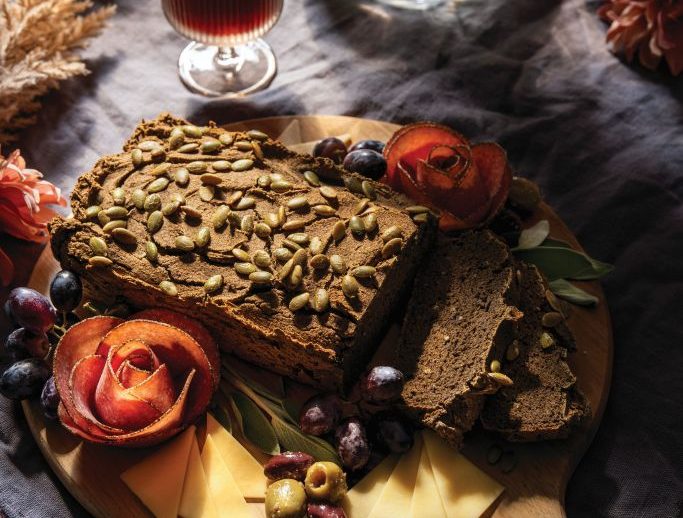
Nearly half of us say we’re concerned about memory loss and declining brain health, despite these issues affecting a smaller group of people. These statistics reveal common misunderstandings about memory and encourage us to explore how we can keep our minds sharp at any age.
The building blocks of memory
Memory involves both conscious and unconscious processes. When learning a new skill, like riding a bike, you actively think about each action. Repetition moves this information into a subconscious part of the brain, where recall becomes automatic.
Information is initially received through senses and encoded into the brain in visual, auditory, or semantic forms. Stored in areas like the hippocampus, this information can be retrieved when needed, prompted by cues such as questions, sensory experiences, or visual triggers.
Short-term versus long-term memory
Short-term memory holds information for seconds to minutes. Without effort to transfer it into long-term storage, it’s forgotten. Long-term memory retains information for days, years, or a lifetime, including memories from childhood or recent events.
Stacking (and unstacking) the building blocks of memory
Research shows that many can recall moments from when they were just two years old. As we age, brain networks become less segregated, making multitasking more difficult and increasing the risk of cognitive decline.
Cognition begins to decline in our thirties, with more noticeable changes in our sixties and beyond. Memory can be affected by diseases like Alzheimer’s, which impair recall. As we age, information storage increases, and retrieval can slow down.
How much of your brain do you really use?
The myth that we only use 10 percent of our brains is false. Older adults often remember past events better than recent ones because memory-impairing diseases tend to affect parts of the brain responsible for recent information.
Protect the building blocks of memory
Lifestyle choices are crucial for brain health and memory preservation.
Diet
A healthy diet, such as the Mediterranean or MIND diets, emphasizes whole grains, fresh produce, and fish. Maintaining these diets over decades supports long-term brain health.
Sleep
Sleep is vital for clearing toxins and consolidating memories. Seven to eight hours of rest help the brain process and store new information. Even lying down with eyes closed offers rest.
Exercise
Physical activity helps re-establish brain connections and enhances encoding abilities. Just one session of exercise, like cycling, can improve learning, speed, accuracy, and memory recall. Exercise also guards against age-related cognitive decline.
In summary, understanding memory and brain health highlights the importance of healthy lifestyle habits—balanced diet, restful sleep, and regular exercise—to keep our minds sharp at any age.
By Joshua Duvauchelle









